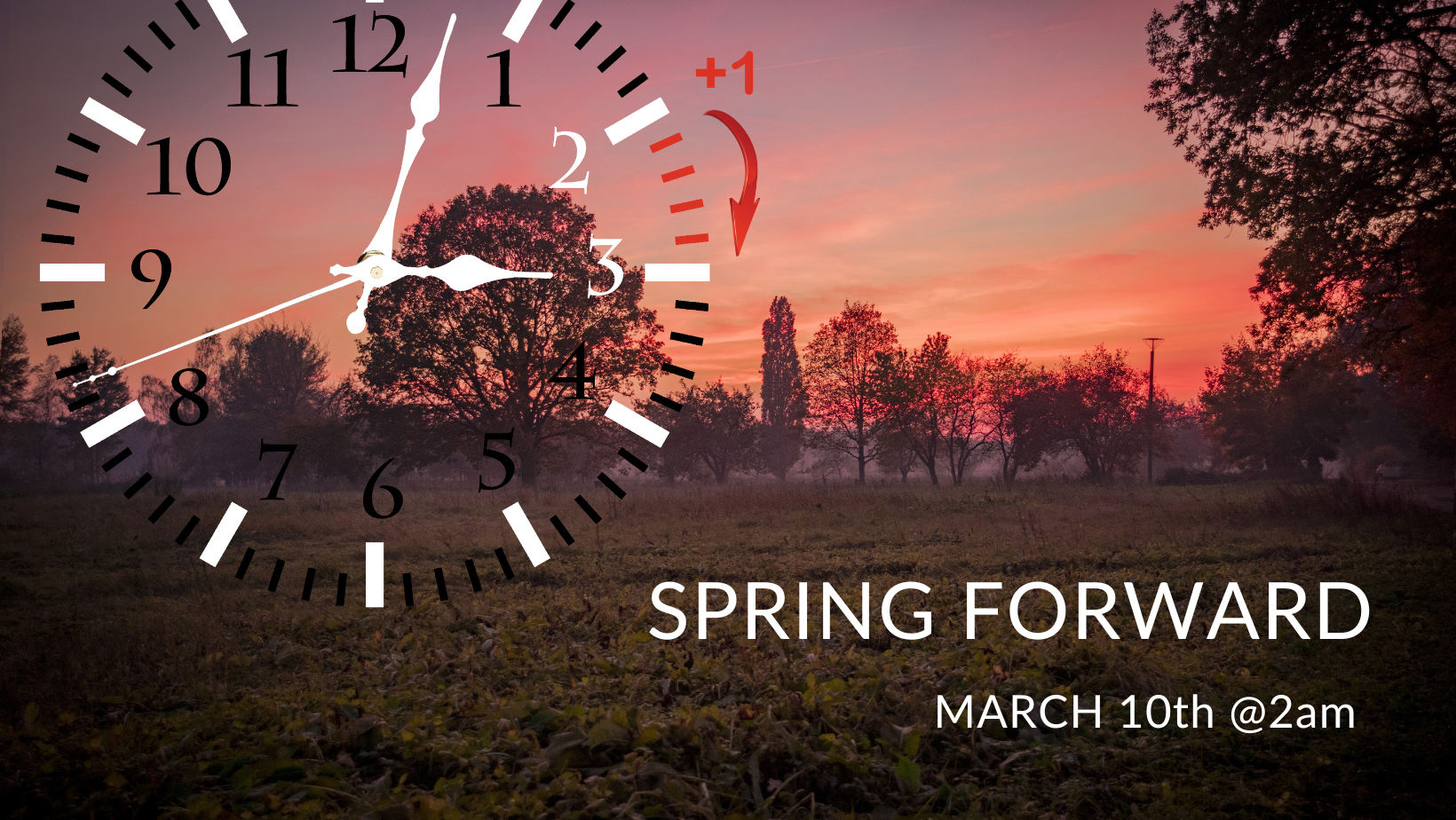
As the clocks spring forward at 2 am on March 10, 2024, Albertans will embrace daylight saving time, gaining an extra hour of daylight in the evenings. While the change promises longer days and brighter evenings, adjusting to the new timetable can disrupt our body’s internal clock. Here are some tips to help you smoothly transition:
• Moderate Caffeine and Alcohol Intake: In the hours leading up to bedtime, it’s advisable to limit consumption of caffeine and alcohol. These substances can interfere with your ability to achieve a restful night’s sleep, making it harder for your body to adjust to the time change.
• Limit Screen Time Before Bed: The blue light emitted by screens can disrupt your body’s natural sleep-wake cycle. To promote better sleep hygiene, reduce screen time before bedtime or utilize the blue light filter feature on your electronic devices.
• Establish a Nighttime Routine: During the transition period, consistency is key. Create a list of relaxing activities to engage in before bed, such as reading, gentle stretching, or listening to calming music. By sticking to a consistent bedtime routine, you signal to your body that it’s time to wind down and prepare for sleep.
• Seek Sunlight Exposure: Exposure to natural sunlight plays a crucial role in regulating your body’s internal clock, or circadian rhythm. Aim to spend time outdoors during the day, especially in the morning, to help synchronize your body with the new daylight schedule.
As we embrace the arrival of daylight saving time, implementing these tips can help ease the transition and support your overall well-being. Remember to be patient with yourself as your body adjusts to the change in time, and prioritize restful sleep for optimal health and vitality.
Reference:
https://www.almanac.com/5-tips-help-your-body-adjust-time-change
https://health.clevelandclinic.org/daylight-savings-time-change-4-tips-to-help-your-body-adjust/
Recent Comments